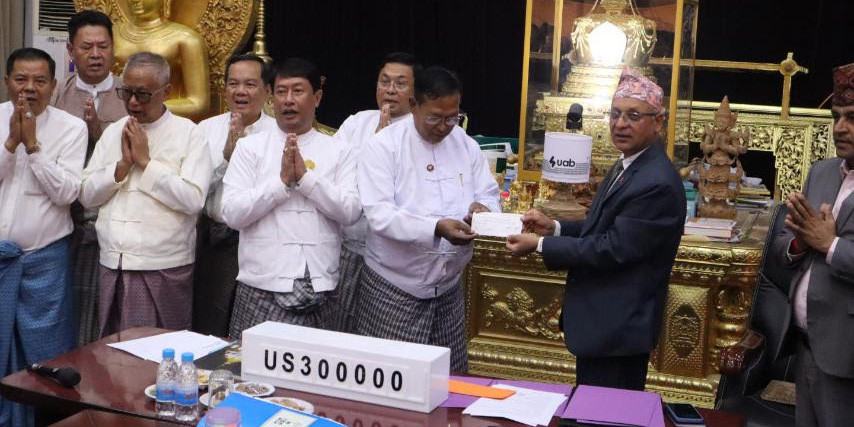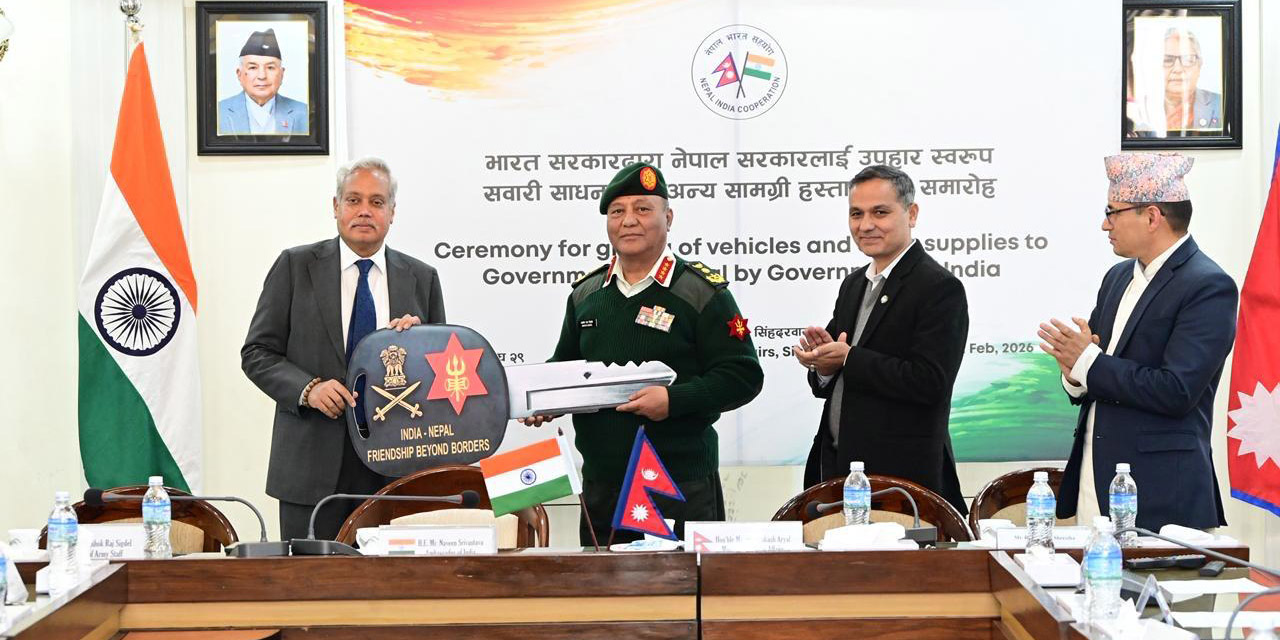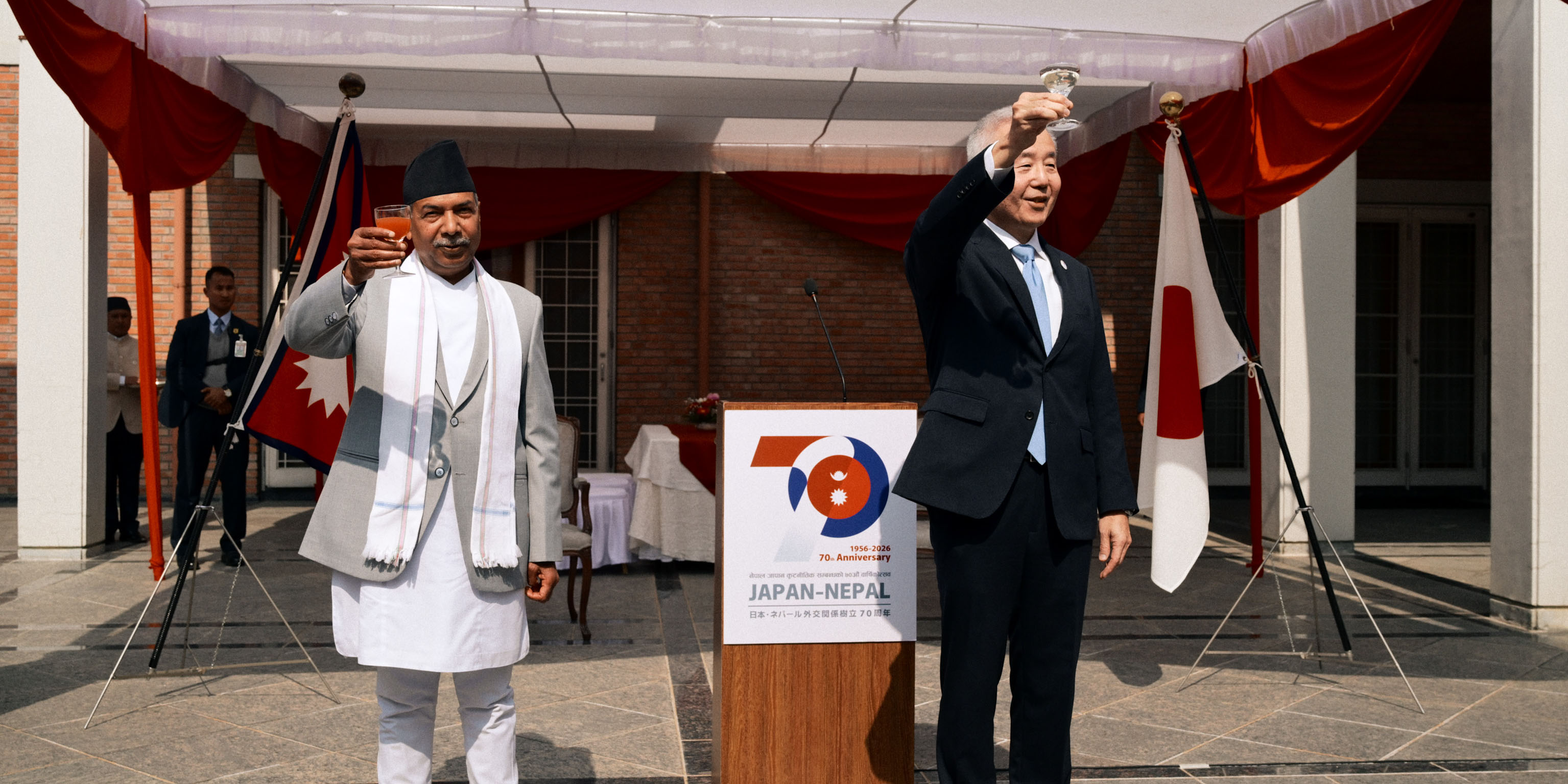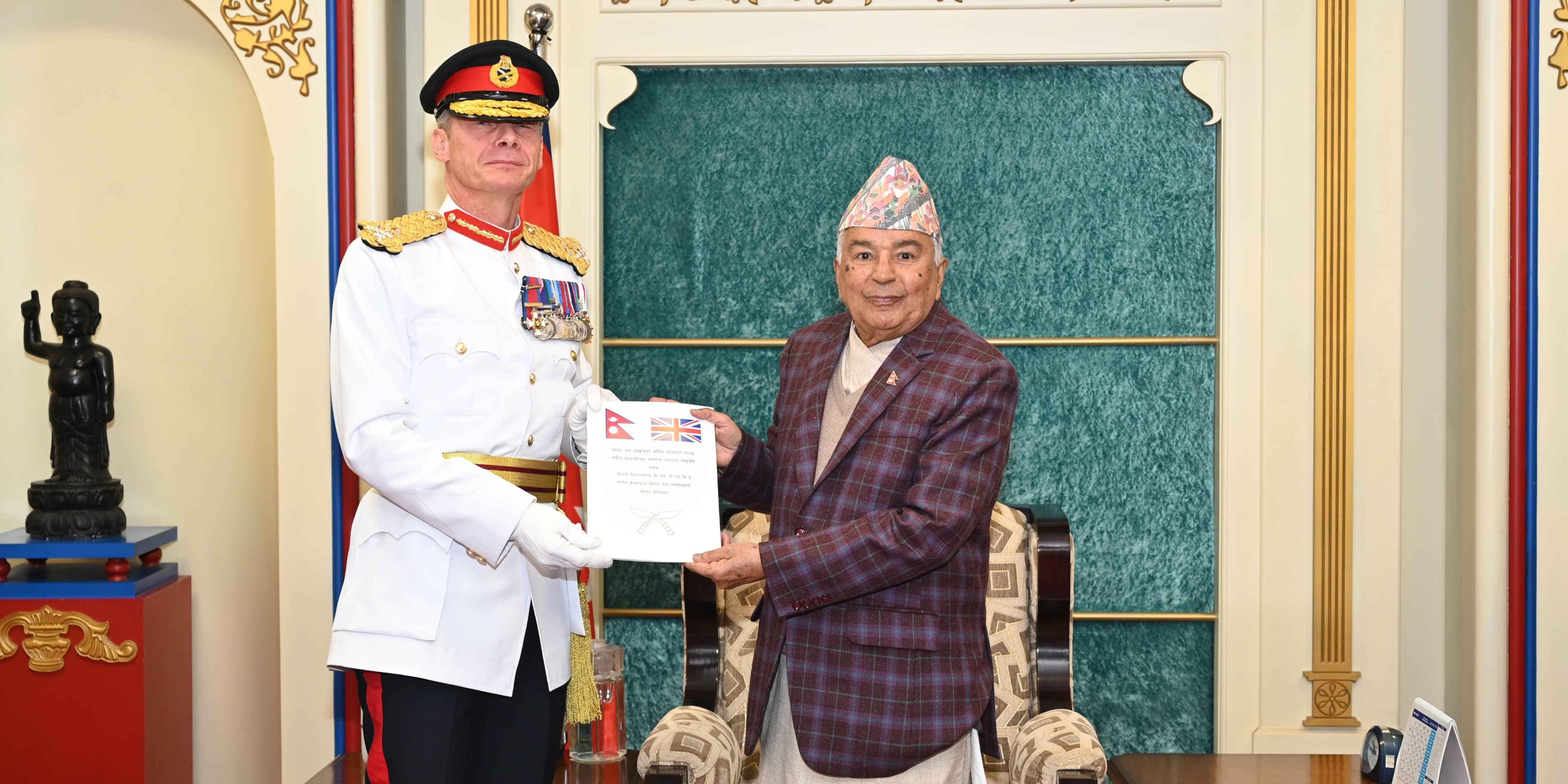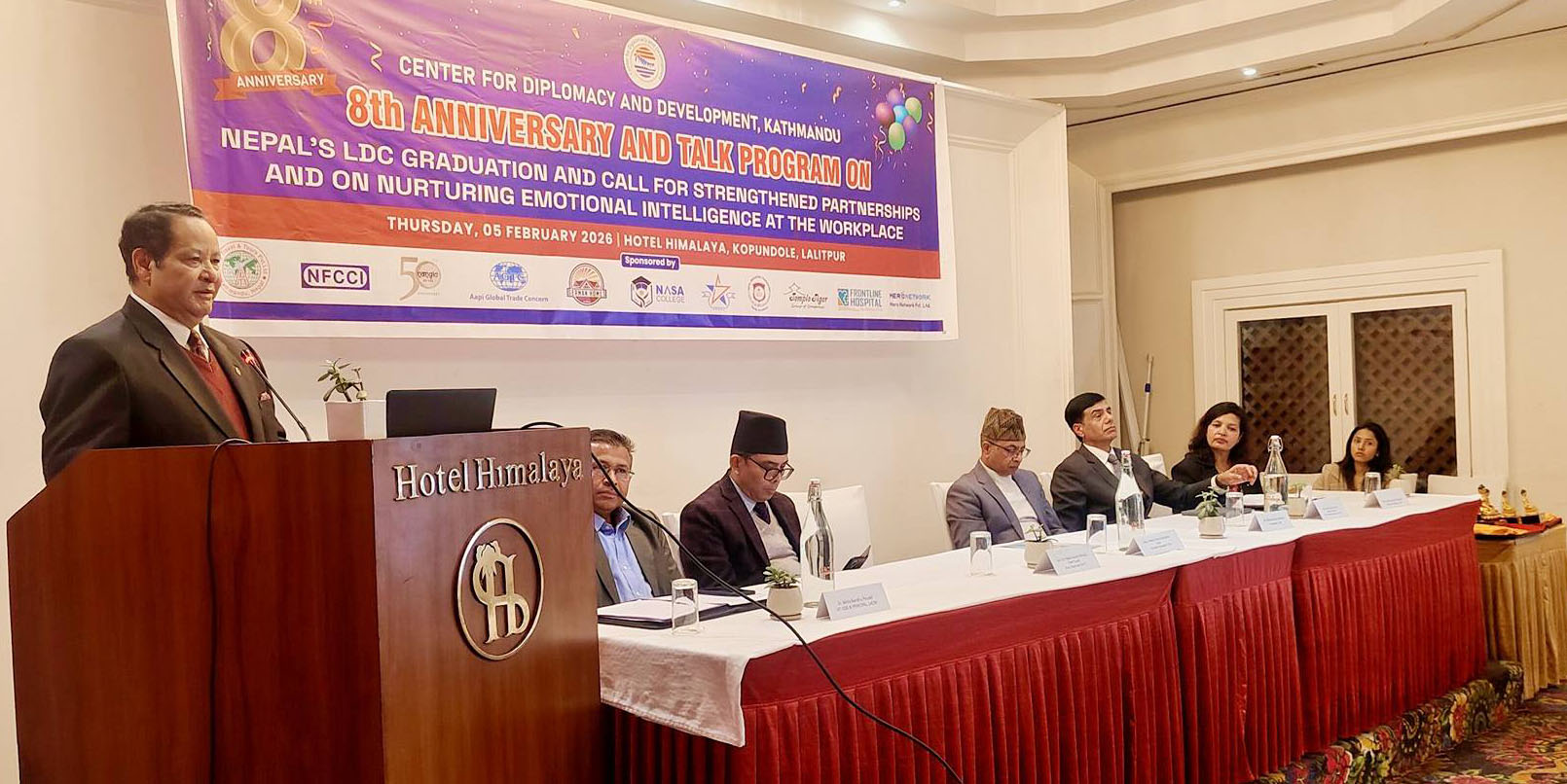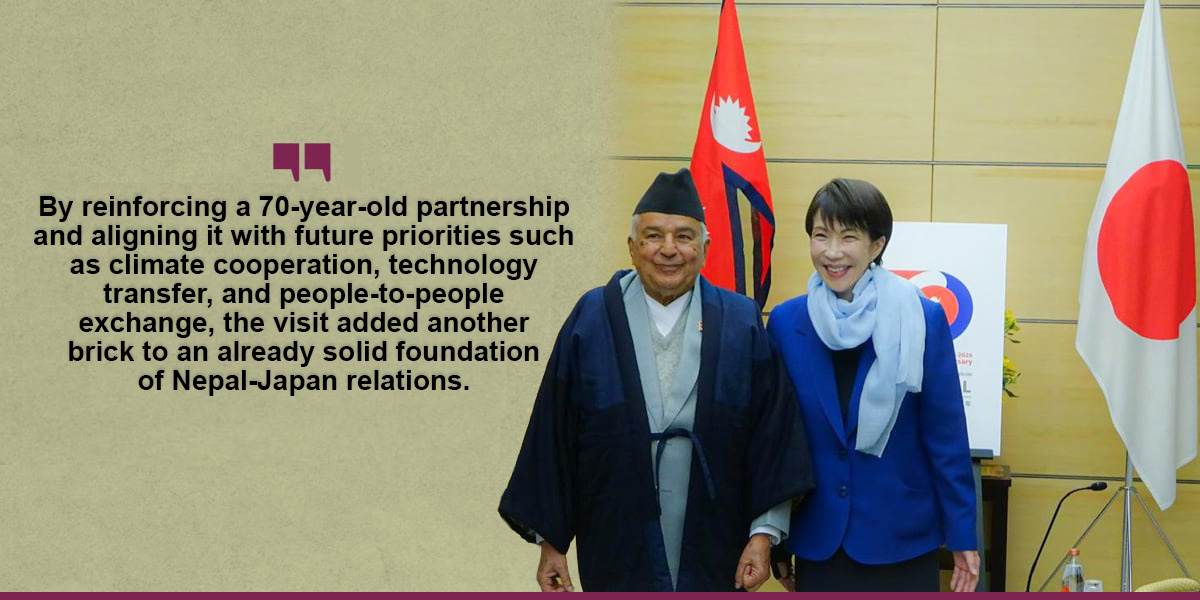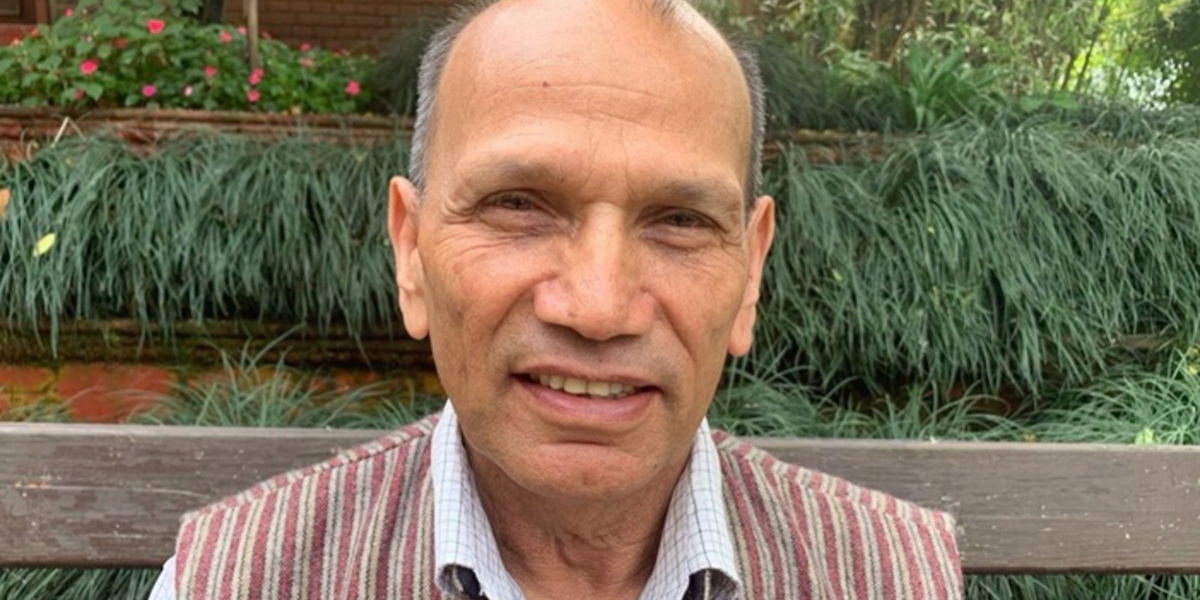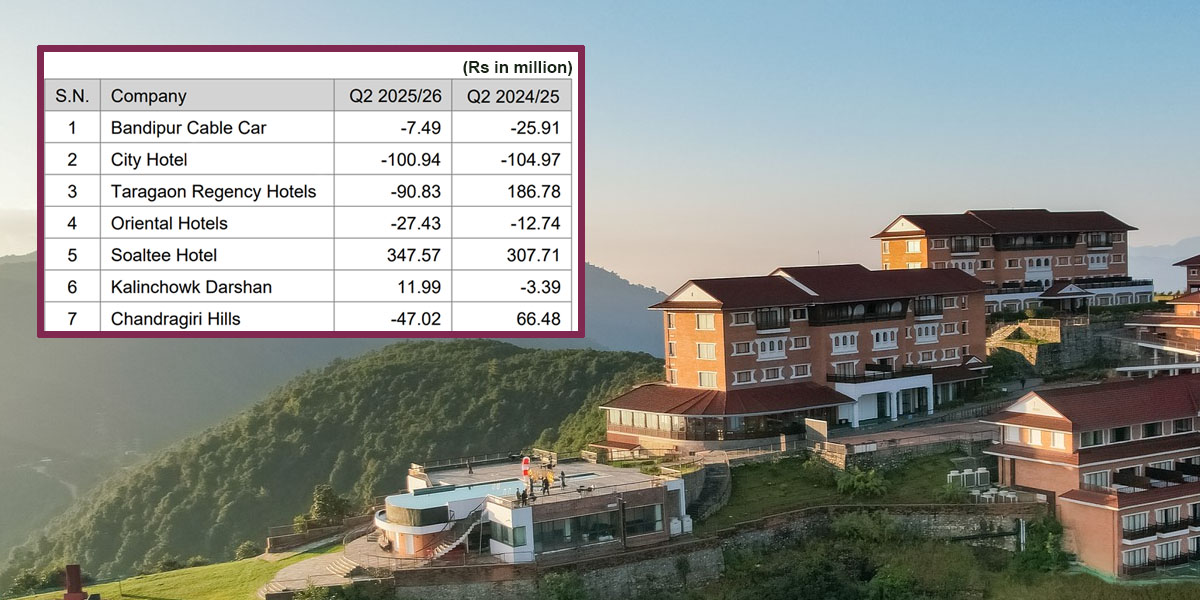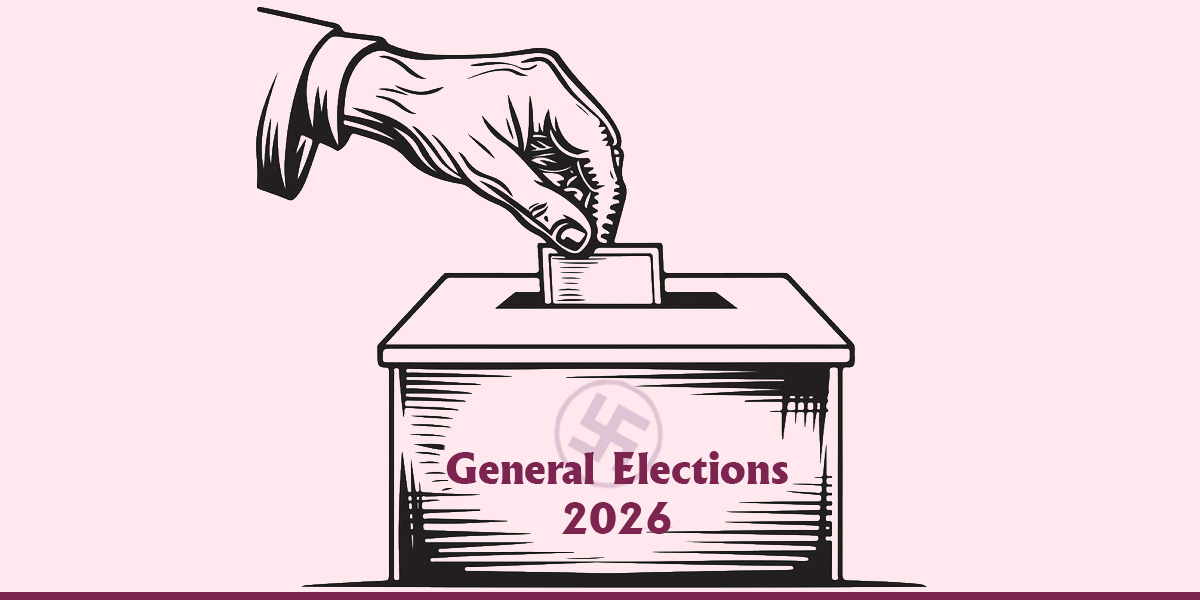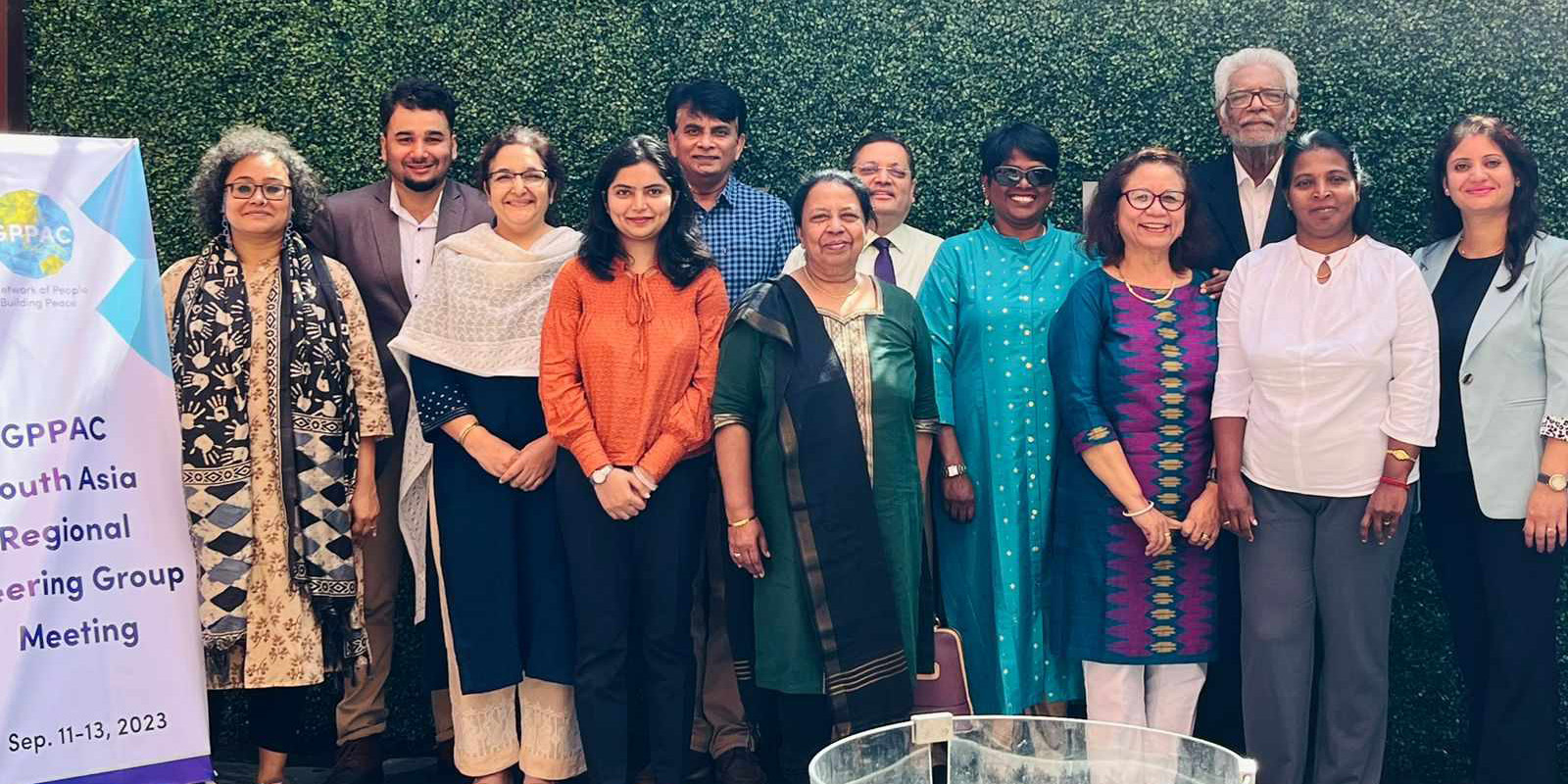
KATHMANDU: While numerous efforts are underway to mitigate armed conflicts worldwide, these endeavors alone are insufficient. Realizing this, non-governmental organizations are actively contributing to the prevention of conflict.
The Global Partnership for the Prevention of Armed Conflict (GPPAC), headquartered in the Netherlands, has taken significant steps to reduce conflicts in South Asia by forging collaboration with its member think tanks in the South Asian region. One of its member think tanks, the Centre for South Asian Studies (CSAS), organized the South Asian regional steering group meeting of the GPPAC in Kathmandu on September 10-14. During the meeting, participants engaged in discussions concerning various peace-related issues and shared insights into conflict resolution efforts within their respective countries.
The participants held extensive discussions on a working paper presented at the meeting. The discussions revolved around identifying the root causes of conflicts, with a particular focus on Sri Lanka and Nepal. Most participants reached a consensus that conflicts encompass disputes, discord, and psychological distress, often originating within homes.
Analysts from Sri Lanka and India argued that while conflicts do emerge in negative circumstances such as scarcity, frustration, and envy, they are also influenced by changing customs, beliefs, and ideas. Therefore, they asserted that conflict is not only an issue for organizations but for society as a whole. It was emphasized that preventing conflict requires collaboration from all sectors, as it is an ailment without a cure. Described conflict as rivalry stemming from individual, collective, and organizational dominance or influence within the context of evolving values, beliefs, ideas, customs, and methods, participants of the meeting stressed the importance of paying close attention to such matters and proposed conducting various activities while fostering cooperation between organizations.
According to anthropologists, conflict reflects discrimination between societies and cultures, while economists view it as a consequence of competition for the distribution of limited resources. They concluded that think tanks in South Asia, working in conjunction with GPPAC, have the potential to reduce conflict through collaborative efforts.
Various civil society representatives and think-tank heads from India, Sri Lanka, Bangladesh and Nepal shared their experiences in the regional steering group meeting. They also met with the Deputy Head of Mission of the EU Delegation in Nepal, Dr Joelle Hivonnet, Directors from Bangladesh and Sri Lanka at the SAARC Secretariat and the UN Women Nepal team.
The GPPAC is a network of civil society organizations and think tanks in South Asia and aims at promoting peace, non-violence, and regional cooperation. CSAS is the interim secretariat of the GPPAC South Asia.

 Himal Press
Himal Press 